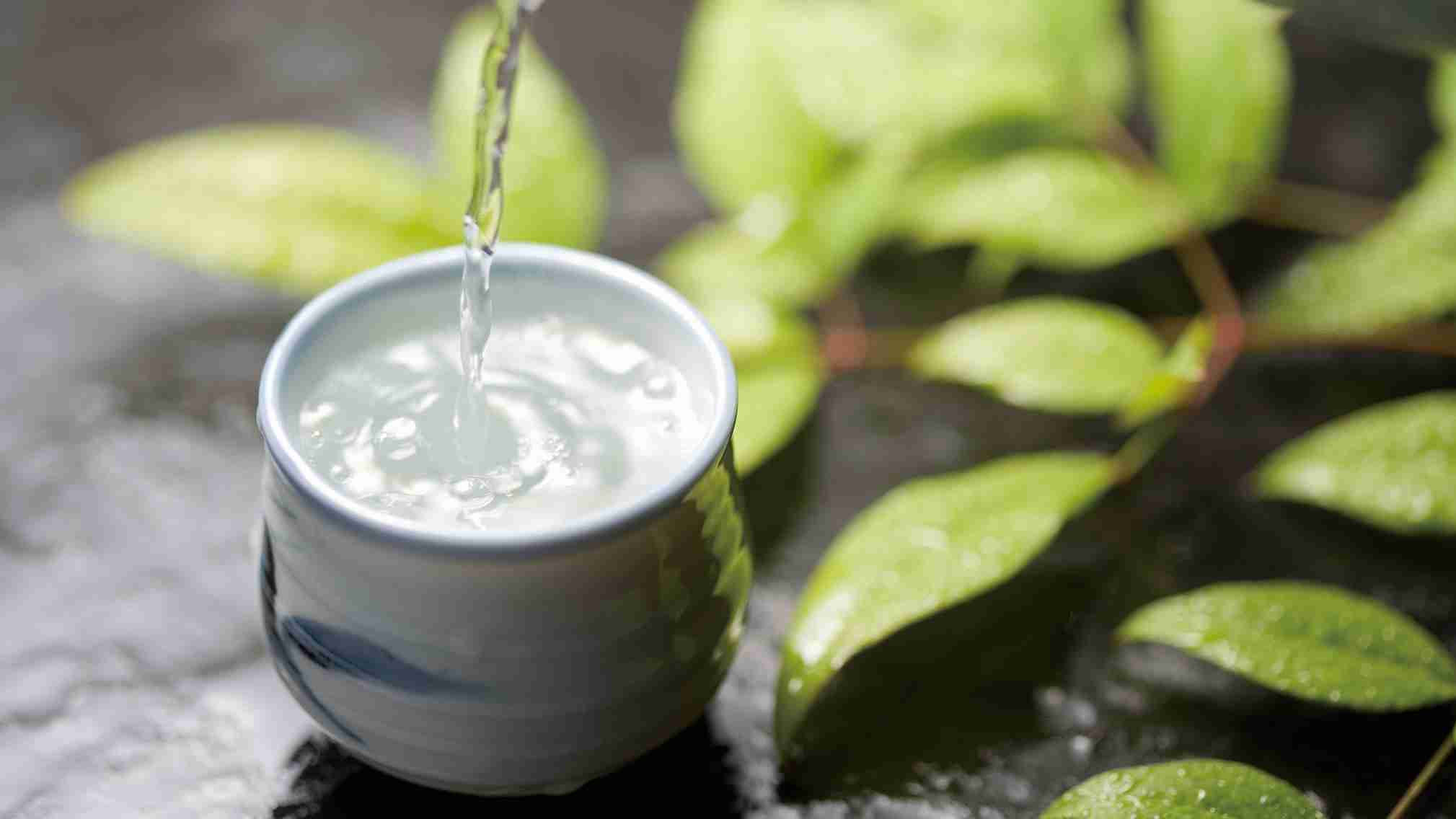
Business
16:22, 27-Nov-2018
China’s first Baijiu sommelier class shows ambitions
Updated
15:30, 30-Nov-2018
By CGTN's Wei Lynn Tang
03:09

The culture of drinking Baijiu, which translates to white alcohol, runs deep in China. Now the country is taking the next step to ensure the gem becomes a consumption choice for more people in the world.
Although Baijiu is a time-honored tradition with thousands of years of history, official data show that less than 0.1 percent of China's Baijiu annual production (between 11 billion and 17 billion liters) is exported.
Now, China's first ever sommelier class at the Sichuan University of Science & Engineering's Baijiu College is seeking to change that and making the native liquor as a drink with global recognition.
"This (first-ever Baijiu sommelier) class is set up alongside China's integration efforts into the global system. It's for university students to understand Chinese Baijiu, to learn how to pair the liquor with different food, and to promote it to the world," Luo Huibo, dean of the college, told CGTN.
"As China becomes more internationalized, we also want to share one of our best national products with the world – to allow the world to better understand China via our liquor culture."

Dean of the Bioengineering Department at Sichuan University of Science & Engineering Luo Huibo (R) says much needs to be done for Chinese Baijiu to increase world acceptance. /CGTN Photo
Dean of the Bioengineering Department at Sichuan University of Science & Engineering Luo Huibo (R) says much needs to be done for Chinese Baijiu to increase world acceptance. /CGTN Photo
Cater to industry development
The one-year, weekend sommelier course, which kick-started just over a month ago, is the latest addition to the university's Baijiu College.
Nestled in the misty mountainous city of Yibin in southwest China's Sichuan Province, the college was co-built by homegrown company Wuliangye, one of China's largest Baijiu makers.
The first phase of construction was completed in August 2017, with the second phase finished in August this year.
According to Luo, the sommelier class was set up to cultivate and reserve talents based on industry needs.
"As to if students do end up working in this industry after they graduate, it depends on the industry's future development and its talent management process," Luo said.
"Note that this isn't the students' academic focus, it's merely an elective or an additional skills training course," he added, noting that the class is open to both undergraduates and postgraduates. Most learn a foreign language as part of their degree course.
Luo said China's Baijiu has a long-standing history, with a good reputation at the global stage. The liquor's sales volume, internationally, however, he said, is unsatisfactory.
"This is because we are not excellent enough when it comes to marketing and promoting the liquor, plus our alcohol content is quite high. We still have work to do in garnering world acceptance," Luo said.
He cited increased participation in international food expos as one way to increase Baijiu's exposure.
The Baijiu industry, especially the high-end Baijiu, once met a challenge from decreasing market needs after China launched its anti-corruption and anti-extravagance campaign in 2013. Afterwards Baijiu makers adjusted their portfolio and strategies to meet new demand.
There are 1,593 Baijiu makers in this highly-competitive industry monitored by the National Bureau of Statistics and 19 are listed companies in China, according to official data released last year.
Why does Gen-Y see potential in Baijiu market?
Given China's strong domestic market, is there a need to elevate the Chinese Baijiu internationally?
To the 32 students attending the college's sommelier course, it is a strong "yes."
"We need to have our own unique brand. We want everyone to know we have this special drink as well," said Wu Huan and Quan Zhenyao, concurrently.
The consensus is clear for these two undergraduate students.
"When people around the world talk about vodka, whiskey, sake... I feel that... China as one of the biggest countries in the world, they should (also) know us by our carrier of culture, like liquor," said Wu.

China's first-ever Baijiu sommelier class attracts both local and foreign students. /CGTN Photo
China's first-ever Baijiu sommelier class attracts both local and foreign students. /CGTN Photo
Wu recalled her grandfather drinking Baijiu every day since she was a little girl. "I fell in love with the flavor of the liquor," she said.
As for Quan, she said the Baijiu industry should keep pace with China's comprehensive powers. "It can create jobs for us undergraduate students. It's like a gateway to the international market."
Wu said she wants to be an interpreter within the Baijiu industry when she graduates, while Quan wants to be a university teacher.
The goal for the both of them is all the same: to relay Baijiu's history and its beauty to the world.
(Video filmed by Zhang Kai)

SITEMAP
Copyright © 2018 CGTN. Beijing ICP prepared NO.16065310-3
Copyright © 2018 CGTN. Beijing ICP prepared NO.16065310-3